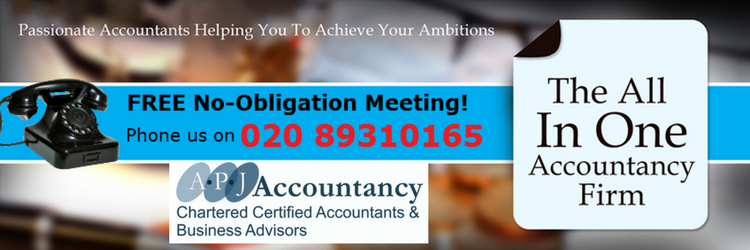Should I Use The VAT Flat Rate Scheme For My Small Business?
The VAT Flat Rate Scheme is intended to simplify VAT accounting and reporting for small businesses, and some may even find that they pay less VAT than using normal VAT accounting.
To join the scheme your VAT turnover must be £150,000 or less (excluding VAT), and you must apply to HMRC to use the scheme. You can remain in the scheme until your turnover including VAT exceeds £230,000.
With the Flat Rate Scheme you pay a fixed rate of VAT to HMRC depending on your business category and you keep the difference between what you charge your customers and pay to HMRC. However, you can’t reclaim the VAT on your purchases, except for certain capital assets over £2,000.
HMRC have recently revised their guidance on different business categories.
For example not all consultants should use the 14% flat rate applicable to management consultants and should instead use the 12% rate for ‘business services not listed elsewhere’. That would result in them paying over 2% less of their takings to HMRC. On £150,000 a year that would be a £3,000 VAT saving. There is a further 1% reduction in the first year that the business is VAT registered.
To sum it up, with the Flat Rate Scheme:
- you pay a fixed rate of VAT to HMRC
- you keep the difference between what you charge your customers and pay to HMRC
- you can’t reclaim the VAT on your purchases - except for certain capital assets over £2,000
- To join the scheme your VAT turnover must be £150,000 or less (excluding VAT), and you must apply to HMRC.
If you want to know more or advice on whether the Flat Rate Scheme is right for you, contact us.







